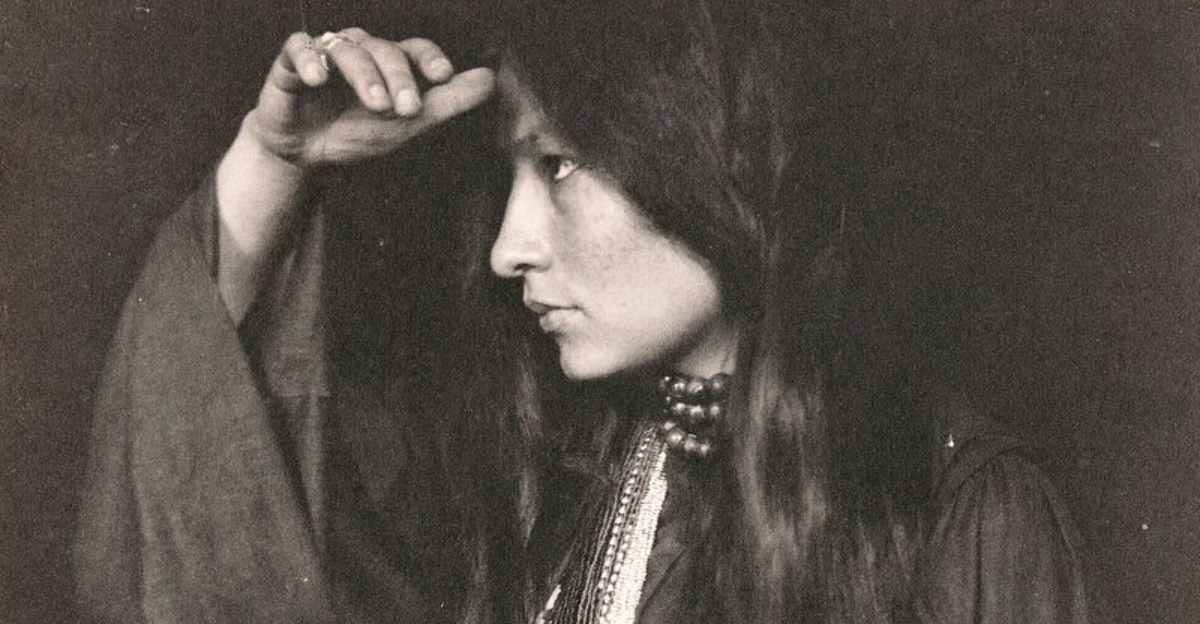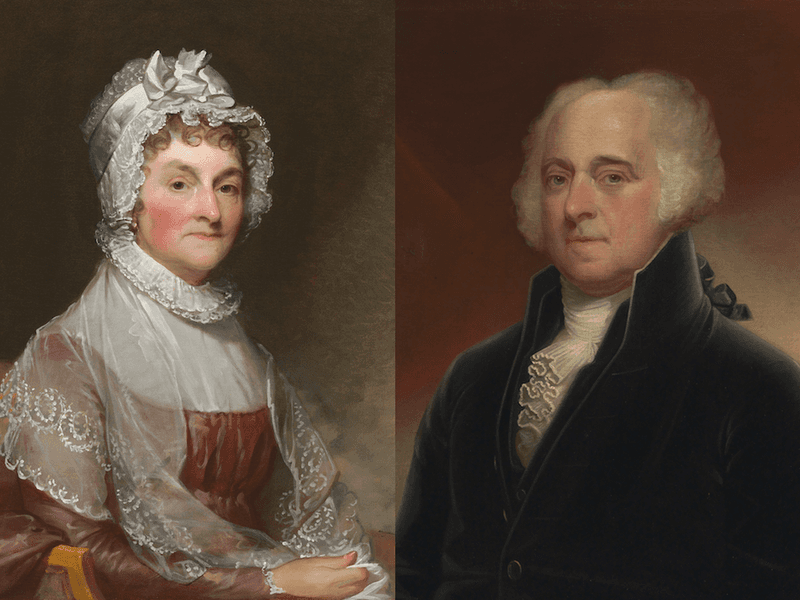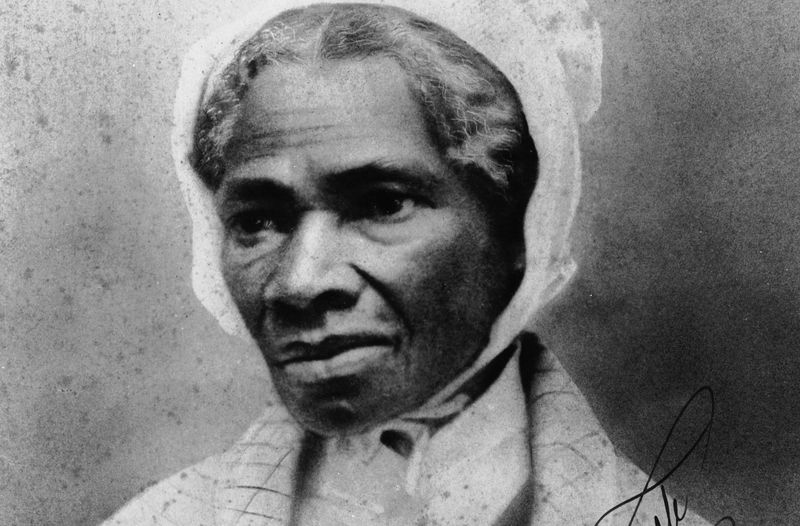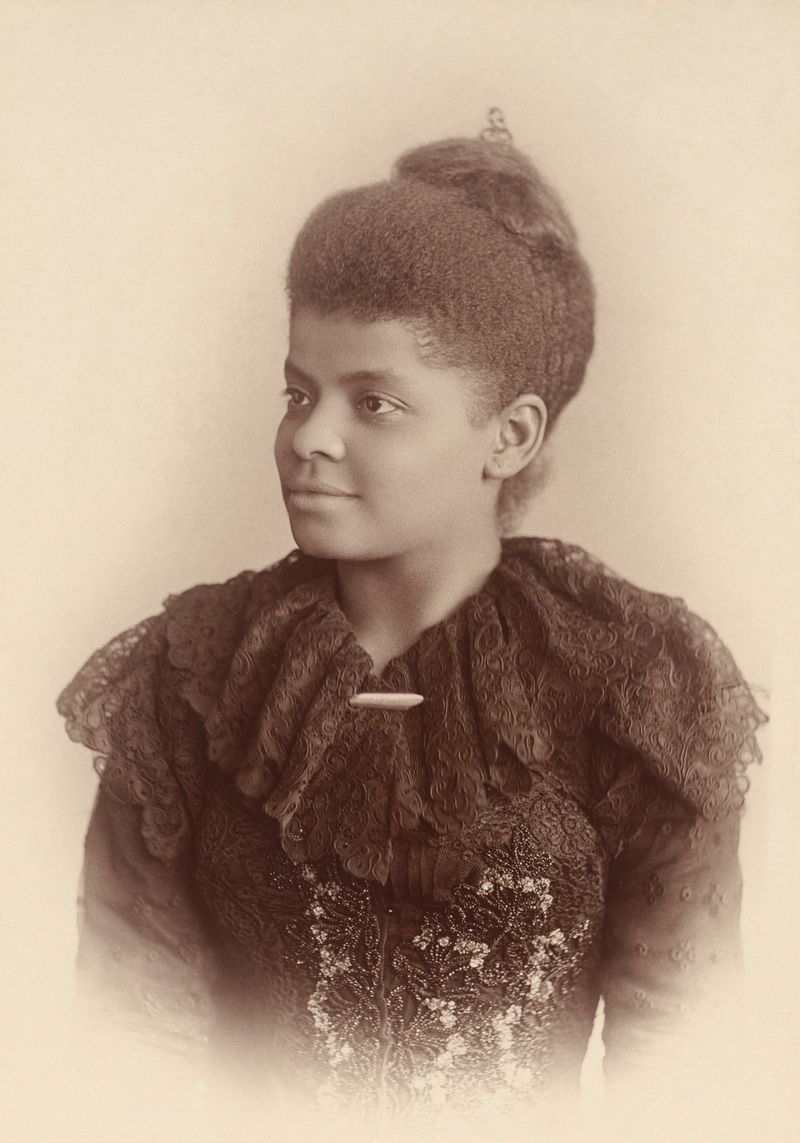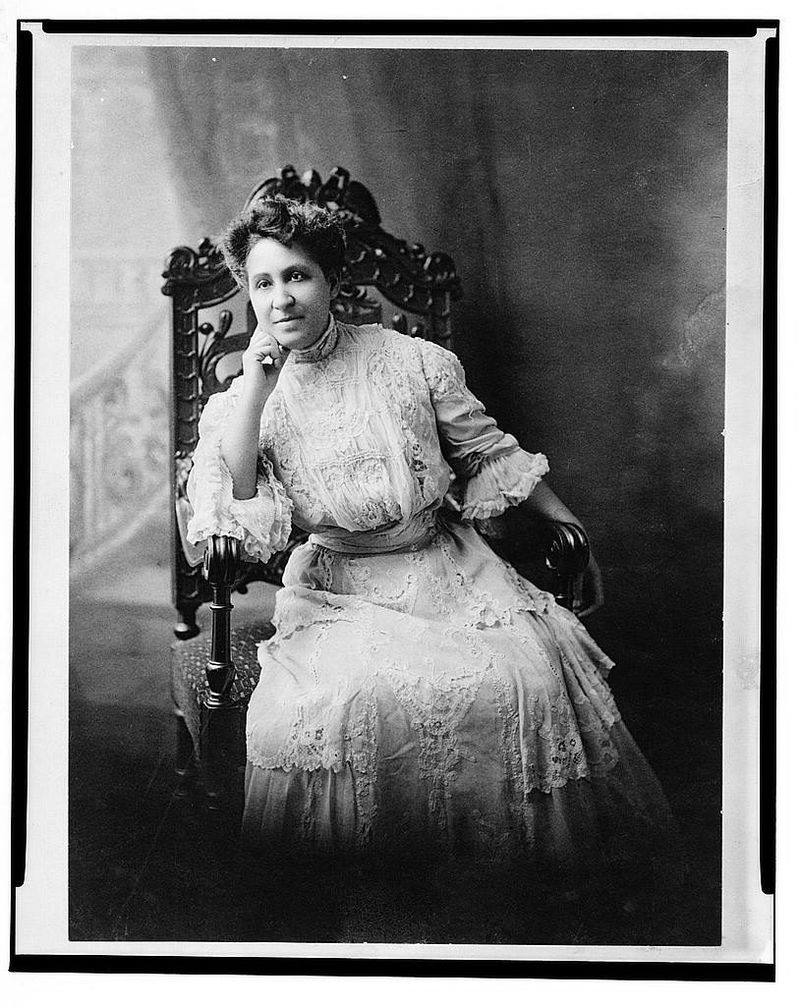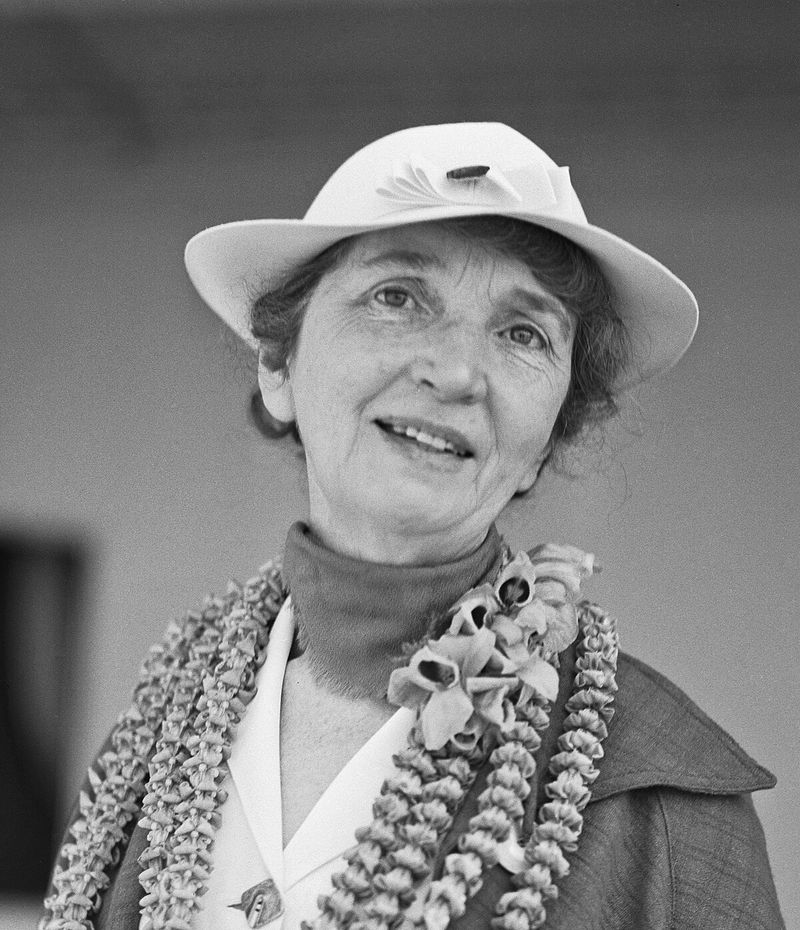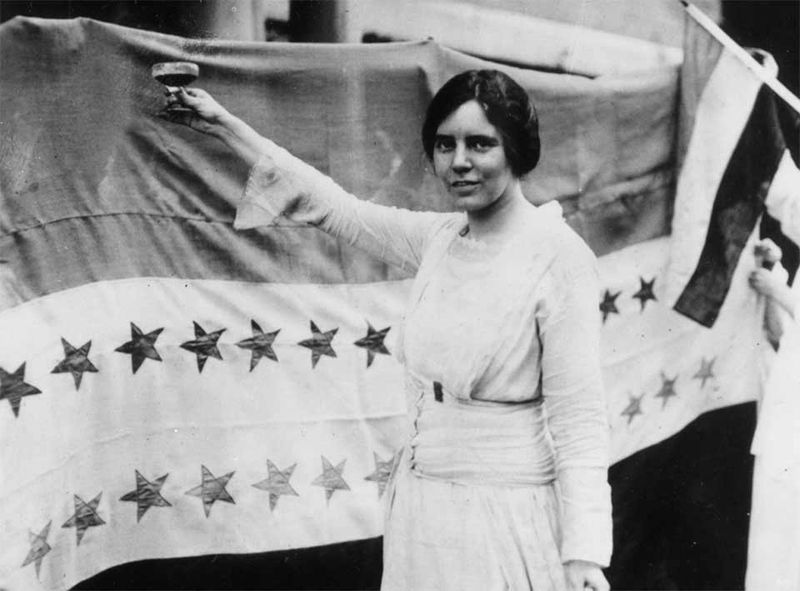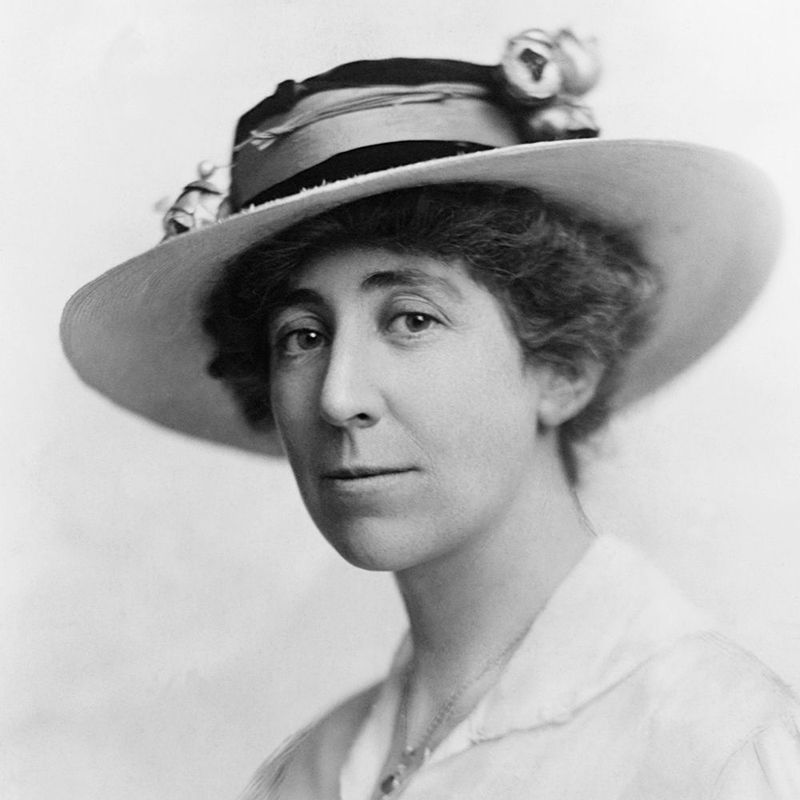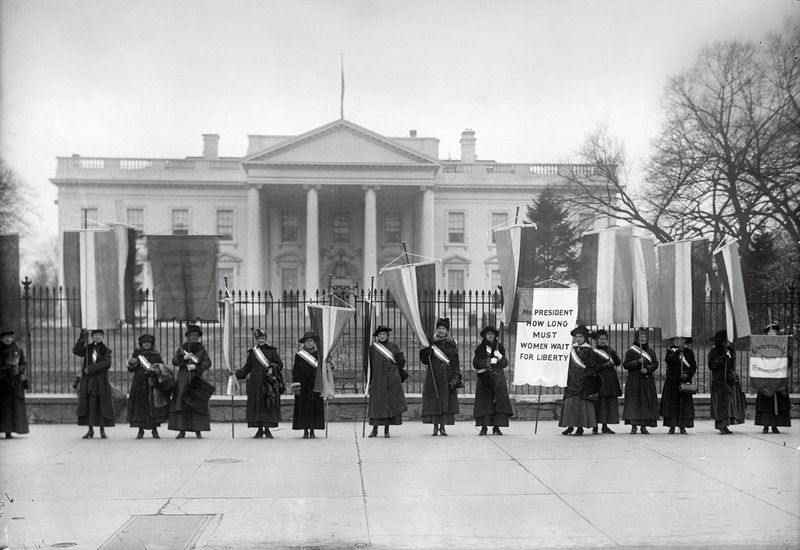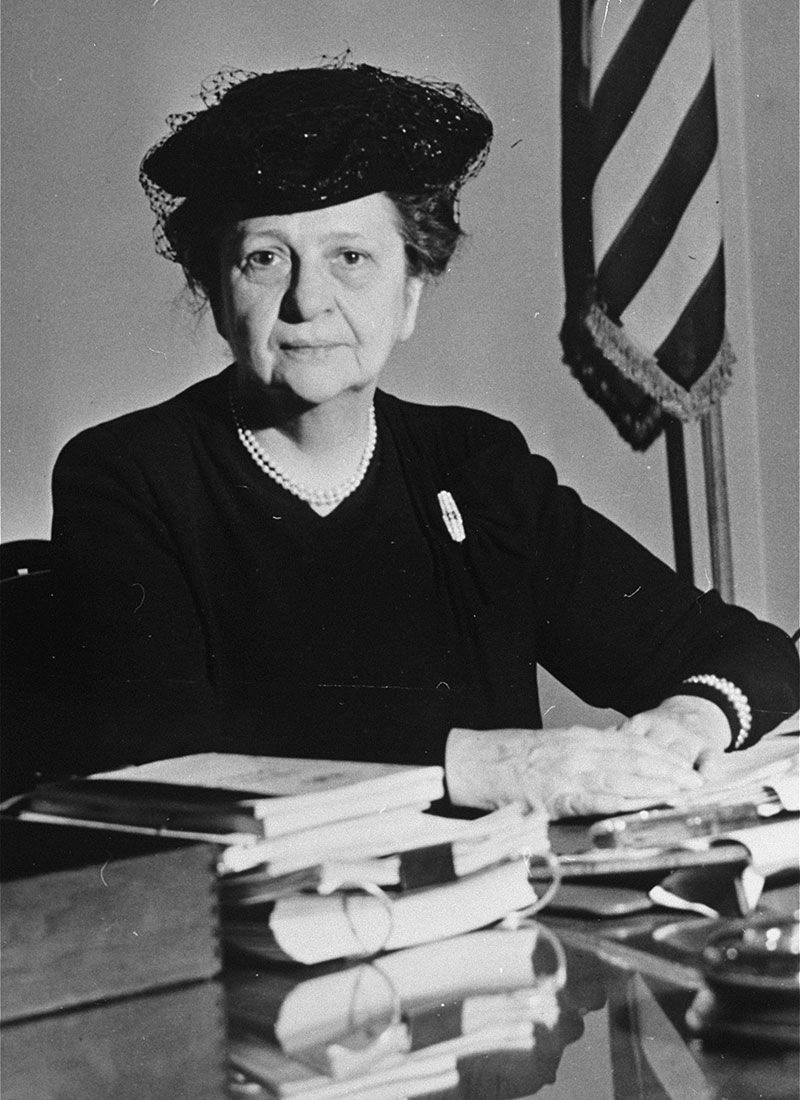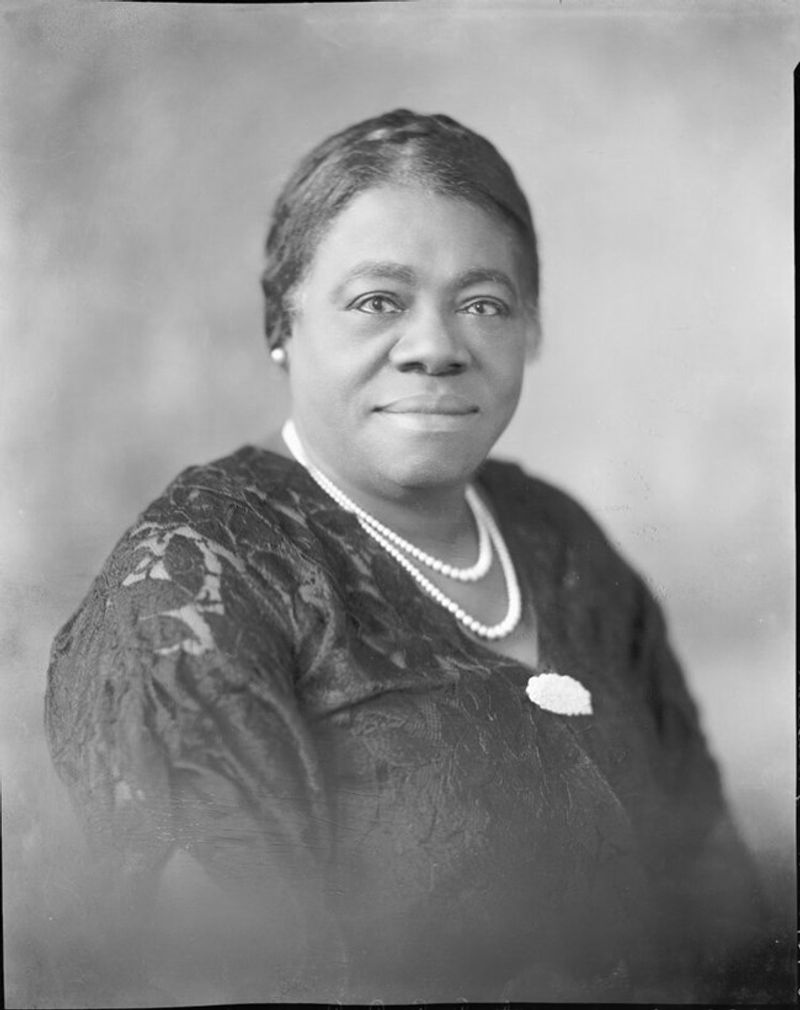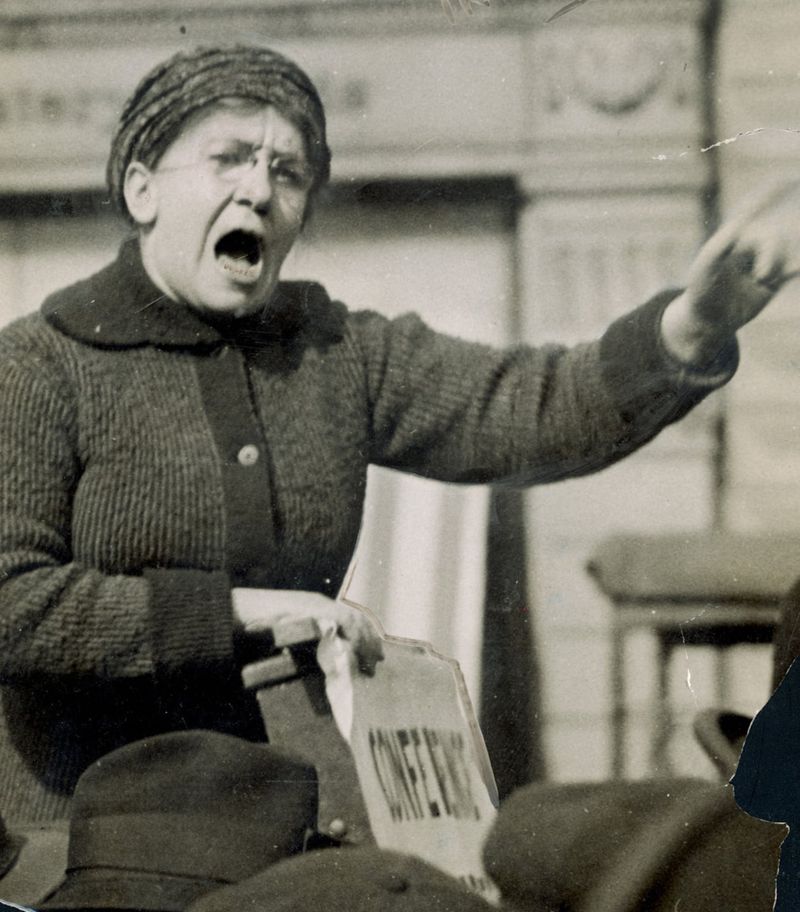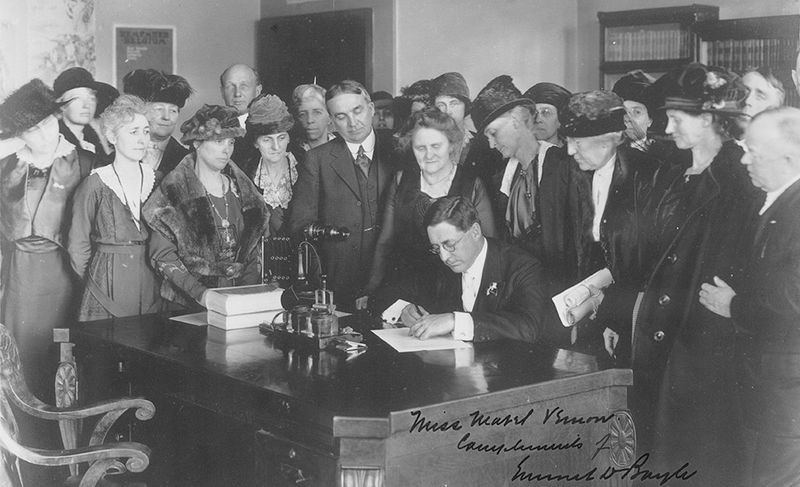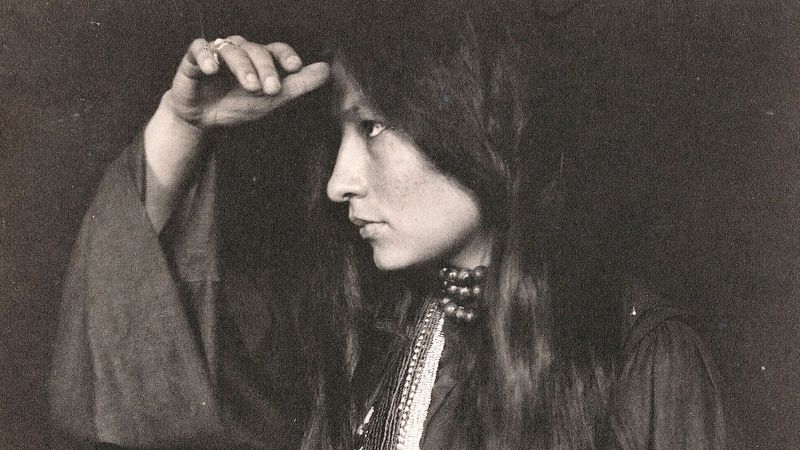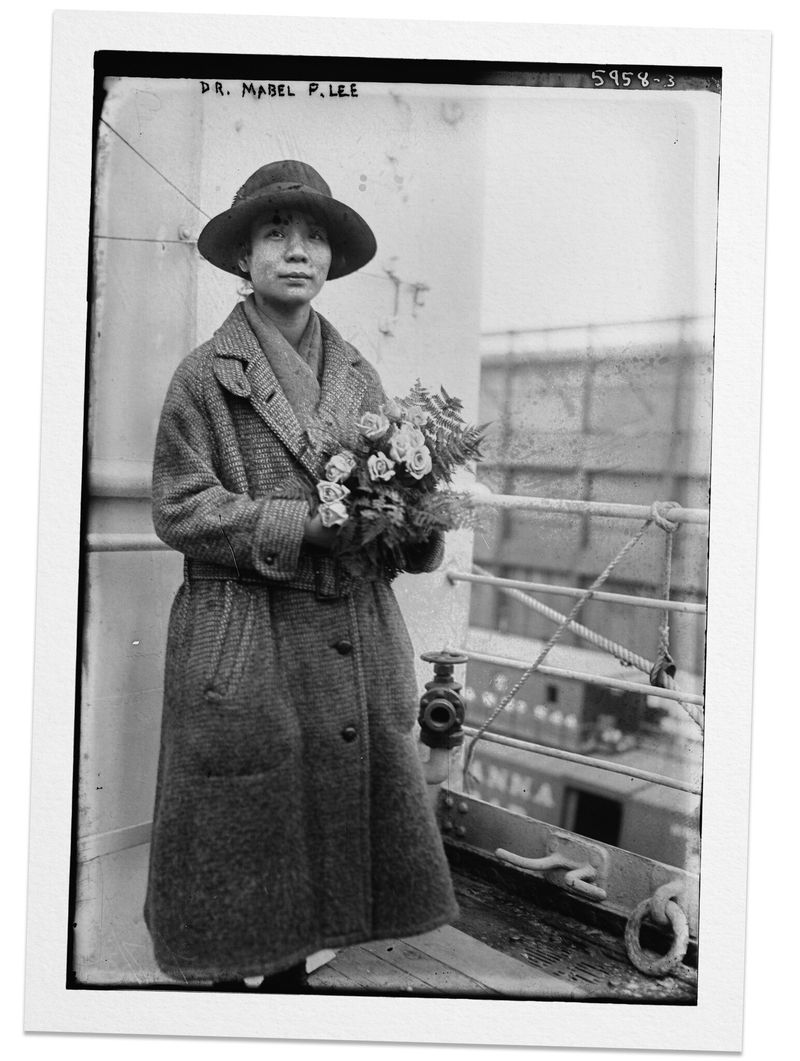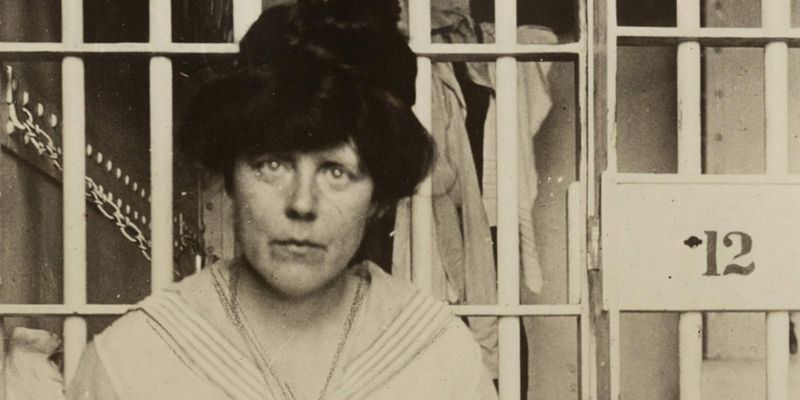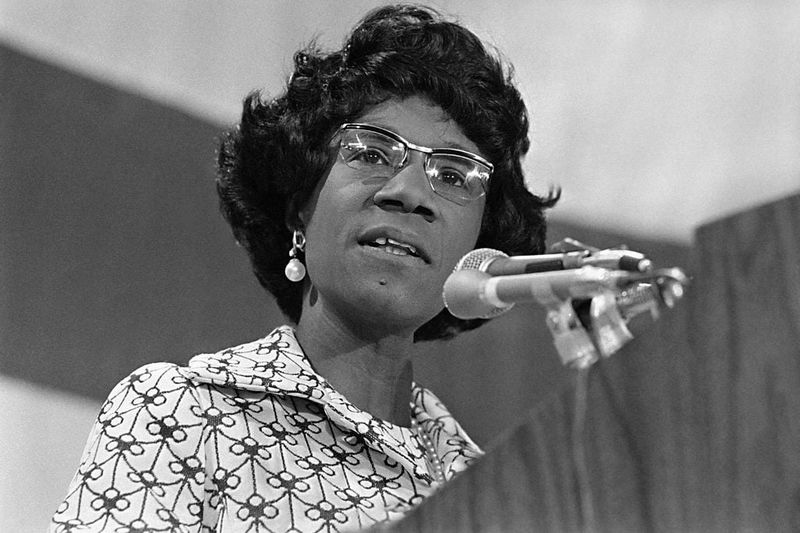Throughout history, several women have significantly impacted political landscapes without the privilege of voting. Their methods, ranging from persuasion to protest, reshaped societies and broke barriers. This post explores the stories of 17 remarkable women who utilized unique strategies to influence politics.
1. Abigail Adams (1744–1818) – The Original Political Advisor
Abigail Adams, wife of John Adams, wielded her influence through private persuasion. Her letters, particularly “Remember the ladies,” highlighted her forward-thinking views on gender equality. Abigail’s words echoed during the formation of the Constitution, urging for women’s rights. Her correspondence with her husband reveals a dynamic partnership where her insights were highly regarded. Abigail’s impact was subtle yet profound, illustrating how private conversations can shape public policy. Her role as an early advisor showcases the power of intellect and communication in a time when women were excluded from political arenas. Her legacy remains a testament to quiet resilience.
2. Sojourner Truth (1797–1883) – The Unstoppable Orator
Sojourner Truth’s powerful oratory resonated through her legendary “Ain’t I a Woman?” speech, which challenged prevailing racial and gender norms. A former enslaved woman, Truth’s voice became a catalyst for change, addressing the hypocrisy of exclusionary practices. Her speeches were direct, fearless, and delivered without need for formal platforms. Truth’s ability to publicly shame through her words made her a formidable force in the abolitionist and women’s rights movements. Her unique voice and unwavering courage inspired many to confront social injustices. Her speeches remain a symbol of empowerment and a testament to her indomitable spirit.
3. Victoria Woodhull (1838–1927) – The First Female Presidential Candidate
In 1872, Victoria Woodhull shattered societal norms by running for U.S. President, despite legal prohibitions against women voting. Her platform included radical ideas such as free love and spiritualism, challenging the status quo. Woodhull’s candidacy was both controversial and groundbreaking, as she confronted gender constraints head-on. Her audacity opened dialogues about women’s roles in politics and society. Though she faced tremendous opposition, Woodhull’s campaign paved the way for future female political leaders. Her story remains a bold testament to challenging societal boundaries and advocating for equality in the political arena.
4. Ida B. Wells (1862–1931) – The Investigative Journalist Who Exposed Lynching
Ida B. Wells utilized her investigative skills to expose the brutal realities of lynching in America. Her publication, Southern Horrors, detailed racial terror and challenged the nation’s conscience. Wells’s fearless journalism forced Americans to confront uncomfortable truths about violence and inequality. Her dedication to truth-telling and justice ignited critical conversations on civil rights. Wells’s work exemplifies the power of media as a tool for social change and advocacy. Her legacy persists as a symbol of courage and determination in the pursuit of human rights and justice for marginalized communities.
5. Mary Church Terrell (1863–1954) – The Elite Activist Who Weaponized Respectability
Mary Church Terrell leveraged her status and education to advocate for civil rights and anti-lynching laws. As a prominent Black educator, she utilized “strategic elitism” to gain access to political circles, including lobbying President Teddy Roosevelt. Terrell’s refined demeanor and intellect challenged racial stereotypes and garnered respect across social boundaries. Her activism highlighted the power of respectability in influencing policy changes. Her efforts helped lay the groundwork for future civil rights advancements, demonstrating how societal norms can be used as tools for advocacy and change. Terrell remains a pivotal figure in the fight for equality.
6. Margaret Sanger (1879–1966) – The Birth Control Smuggler
Margaret Sanger defied legal constraints to advocate for women’s reproductive rights, founding the first birth control clinic in 1916. Her actions challenged Comstock Laws, which prohibited dissemination of contraceptive information. Sanger’s underground networks provided women with essential knowledge and resources, revolutionizing women’s health. Her activism laid the foundation for Planned Parenthood and shifted public discourse on reproductive autonomy. Sanger’s relentless pursuit of change exemplifies the impact of advocacy in altering societal perceptions and legal frameworks. Her legacy is a testament to the power of grassroots movements in effecting monumental change.
7. Alice Paul (1885–1977) – The Hunger Striker
Alice Paul’s activism took on a militancy that changed the suffrage landscape. Her use of hunger strikes during imprisonment drew significant attention to the suffragists’ cause. By enduring force-feeding, she highlighted the brutal lengths the government would go to suppress women’s rights. Paul’s tactics were deemed political terrorism by authorities, yet they succeeded in swaying public opinion toward the suffrage movement. Her fearless advocacy and strategic protests demonstrate the power of civil disobedience in effecting societal change. Paul’s legacy remains as a symbol of tenacity and resilience in the battle for gender equality.
8. Jeannette Rankin (1880–1973) – The First Congresswoman
In 1916, Jeannette Rankin made history as the first woman elected to the U.S. Congress, prior to national suffrage for women. Her election signified a monumental shift in political representation and gender roles in governance. Rankin’s presence in Congress challenged traditional norms and paved the way for future female legislators. Her advocacy for women’s rights and pacifism showcased her commitment to change. Rankin’s election remains a landmark achievement, symbolizing progress and the breaking of gender barriers in politics. Her legacy continues to inspire women to engage in the political process.
9. The “Silent Sentinels” (1917) – The White House Picketers
The Silent Sentinels utilized silent protest as a powerful tool in the fight for women’s suffrage. Standing outside the White House for 18 months, their presence raised awareness and challenged the status quo. Despite facing arrest and brutal treatment, these women’s resilience brought national attention to the suffrage movement. Their self-sacrifice and determination exemplified the power of nonviolent resistance in sparking change. The Silent Sentinels’ legacy highlights the importance of persistence and courage in advocating for justice and equality. Their protest remains a pivotal moment in the history of women’s rights.
10. Frances Perkins (1880–1965) – The Woman Behind FDR’s New Deal
Frances Perkins broke barriers as the first woman appointed to a U.S. presidential cabinet, serving as FDR’s Labor Secretary. Her role in crafting the New Deal, including Social Security, showcased her profound impact on American policy. Perkins’s backroom negotiations and strategic insights were instrumental in shaping economic reforms. Her contributions highlighted the significance of women in leadership roles and the influence of policy-making. Perkins’s legacy underscores the importance of female representation in governance and the transformative power of determined advocacy. Her work continues to inspire future generations in the pursuit of social justice.
11. Mary McLeod Bethune (1875–1955) – The Unofficial “First Black Woman President”
Mary McLeod Bethune’s dedication to education and civil rights positioned her as a key advisor to President FDR. Leading a “Black Cabinet,” she influenced policy without holding formal office. Bethune’s work focused on improving conditions for African Americans, utilizing education as a powerful tool for change. Her role as an unofficial leader demonstrated the impact of advocacy and collaboration. Bethune’s legacy remains a beacon of empowerment and a testament to the transformative power of education and leadership. Her influence continues to inspire those advocating for equality and justice.
12. Emma Goldman (1869–1940) – The Anarchist Provocateur
Emma Goldman’s radical ideas and fiery speeches challenged societal norms, advocating for free speech and women’s rights. Her opposition to the WWI draft led to her deportation, underscoring the contentious nature of her activism. Goldman’s belief in individual liberty and social justice resonated, inspiring many to question authority and demand change. Her legacy as a provocateur highlights the enduring power of dissent in shaping public discourse. Through her words and actions, Goldman demonstrated the potential of radical thought to ignite societal transformation. Her influence persists as a symbol of rebellion and liberation.
13. The “Petticoat Lobbyists” (1910s) – The Women Who Bribed Congress
The “Petticoat Lobbyists” utilized charm and wealth to influence Congress, hosting opulent events to sway political decisions. Their strategic use of social gatherings highlighted the role of networking in advocacy. By creating alliances and leveraging resources, they advanced the suffrage cause in unconventional ways. These women’s ability to navigate political landscapes through social influence demonstrated the power of creativity and resourcefulness. Their efforts underscore the importance of strategic thinking in effecting change. The “Petticoat Lobbyists” remain a testament to the innovative tactics women have employed to shape history.
14. Zitkála-Šá (1876–1938) – The Native American Lobbyist
Zitkála-Šá, a Sioux writer, used her voice to fight for Native American rights, advocating for citizenship and legal reforms. Her efforts in the 1924 Indian Citizenship Act demonstrated her influence in policy-making. Zitkála-Šá’s writings and advocacy highlighted the challenges faced by Indigenous communities, demanding recognition and justice. Her ability to navigate complex legal landscapes showcased her resilience and strategic thinking. Zitkála-Šá’s legacy continues to inspire those advocating for Indigenous rights and equality. Her contributions remain a vital part of the broader struggle for justice and cultural preservation.
15. Dr. Mabel Ping-Hua Lee (1896–1966) – The Immigrant Who Marched Anyway
Dr. Mabel Ping-Hua Lee defied odds by marching for women’s suffrage, despite knowing she couldn’t vote due to the Chinese Exclusion Act. Her participation in the movement showcased her commitment to equality and justice. Lee’s advocacy highlighted the intersection of immigrant rights and women’s suffrage, drawing attention to broader issues of inclusion. Her courage and dedication inspired others to challenge discriminatory norms and fight for change. Lee’s legacy remains a testament to the power of solidarity and the impact of diverse voices in advocacy. Her story continues to inspire the ongoing fight for equality.
16. The “Night of Terror” Prisoners (1917) – The Women Who Endured Torture
The “Night of Terror” prisoners endured brutal treatment for their suffrage activism, facing beatings and force-feedings in prison. Their resilience and sacrifice drew public sympathy and highlighted the inhumanity they faced. These women’s unwavering commitment to their cause exposed the lengths authorities would go to silence dissent. Their ordeal became a pivotal moment in the suffrage movement, galvanizing support and accelerating change. The “Night of Terror” remains a powerful reminder of the courage needed to confront injustice. Their legacy continues to inspire those fighting for human rights and equality.
17. Shirley Chisholm (1924–2005) – The First Black Woman in Congress (Pre-ERA)
Shirley Chisholm’s election to Congress in 1968 marked a historic moment as the first Black woman to hold such a position. Her “unbought and unbossed” campaign challenged political norms and inspired a new generation of leaders. Chisholm’s advocacy for women’s rights and racial equality resonated, as she navigated a predominantly male political landscape. Her courage and determination became a beacon for marginalized communities, demonstrating the power of representation and activism. Chisholm’s legacy continues to inspire those striving for equality and justice in politics and beyond.
